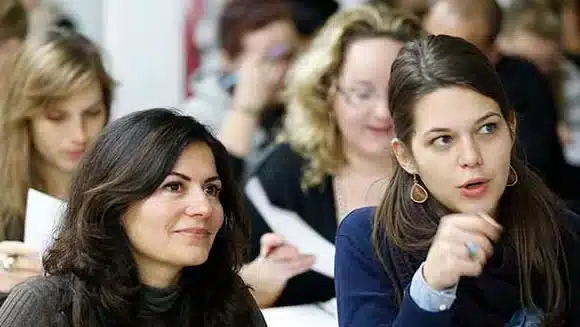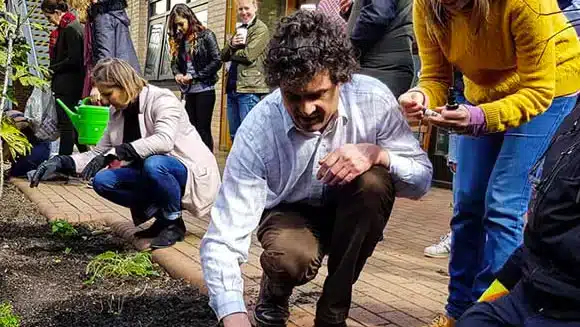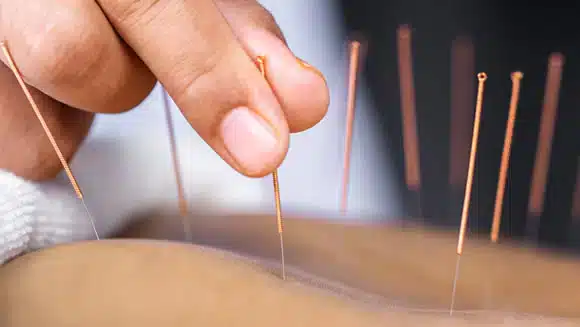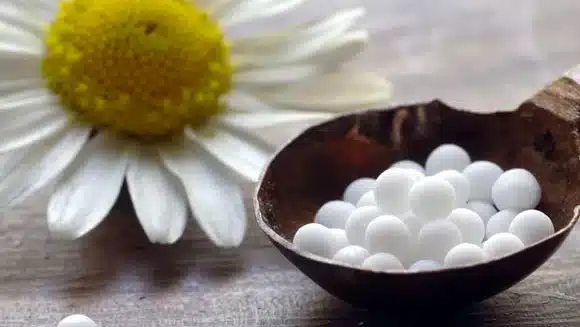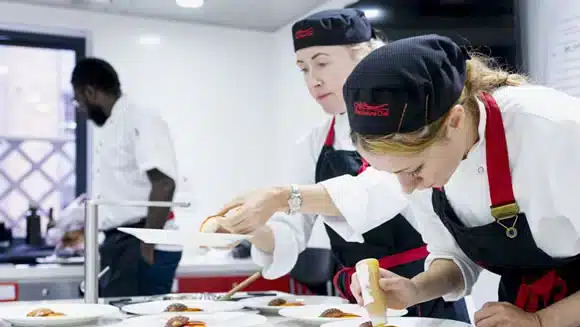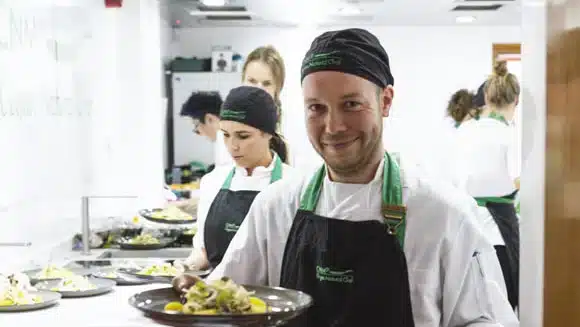Become a Homeopath
Homeopathy Courses
CNM’s Homeopathy Diploma Course is divided into three parts – Biomedicine, Naturopathy and Homeopathy.
The course is carefully structured so each study unit builds on the previous one, allowing students to develop their confidence and skills, and reach their full potential as professional Homeopaths. Students are strongly encouraged to develop their own unique style of consultation and application.
80% of CNM graduates are practising (part time or full time)
- Year 1: Biomedicine, Naturopathy Study and Homeopathy Part 1
- Year 2: Naturopathic Principles and Homeopathy Part 2
- Year 3: Homeopathy Part 3 and Dissertation
Homeopathy Course Overview
Length of Study: 3 years full time (4-5 years part time)
Clinical Hours: 400 hours
Study Locations: Dublin
CNM Diploma: Dip. Homeopathy & Dip. Naturopathy
Accreditation: ANP, GNC and others
Become a Qualified Homeopath
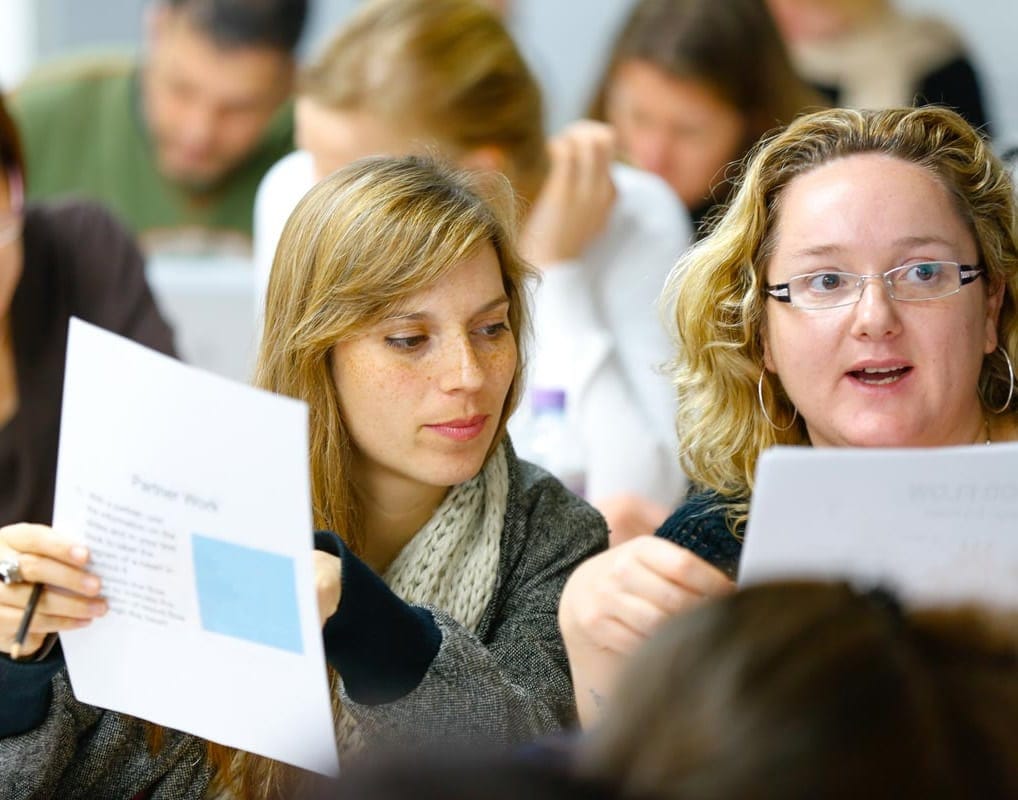
Why study Homeopathy with CNM?
- In-depth, practice-oriented study leading to successful homeopathic practitioners
- Excellent up-to-date educational material including filmed lectures
- 400 hours of clinical practice to become confident in dealing with clients
- Learn all you need to setup and build a successful, satisfying business
- Experienced and supportive lecturers who are practitioners themselves
- Well established college which is widely acknowledged in the world
- Option to expand your knowledge and take your studies further
Change career, learn how to help others, improve your health and establish a rewarding business – contact one of our course consultants.
Homeopathy Diploma Course - Syllabus
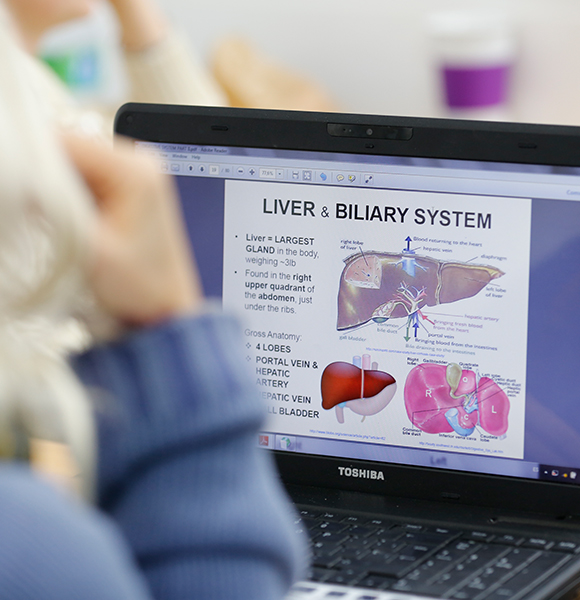
Part 1 (Biomedicine, Naturopathy Study & Homeopathy I) 1 – 3 years
Biomedicine
The aim of Biomedicine is to get students to understand how the body functions, most common diseases, medical diagnostics, differential diagnostics and red flag symptoms. This way a future practitioner understands medical conditions, especially dangerous conditions and is able to decide what he can treat and when to refer to a specialist.
Medical Doctors, Dentists, Nurses, Physiotherapists, Pharmacists, Midwives, Chiropractors, Osteopaths are not required to take Biomedicine.
- Medical Terminology and Definitions.
- Anatomy, Physiology and Pathology of all Organ Systems.
- Infectious Diseases, Allergies and How the Immune System works.
- Pharmacology, Laboratory, Drug interactions.
- Diagnostics, Differential diagnostics and Examination methods.
- Red Flag symptoms, Legal Requirements, When to refer to an expert.
Naturopathy Study
Naturopathy
- Pioneers of Naturopathy, Naturopathic Principles, Healing Power of Nature.
- Treating the Cause – not the Symptom. How not to Suppress symptoms.
- The Laws of Cure. Fundamentals of Cure, How the Body can Heal itself.
- Hydrotherapy: The many cures of Water (external & internal applications).
TCM (Traditional Chinese Medicine)
- The 4 Pillars of TCM Diagnostics (pulse, tongue, face, nails).
- Acupuncture Channels, their relation to organ functions. Yin - Yang Theory.
- The Energetics of Food (warming, cooling, dehydrating, moistening).
- Chinese Diets to strengthen a patients individual constitution.
Naturopathic Nutrition
- Principals of Naturopathic Nutrition, Micro and Macro Nutrients. The nutritional benefits of different foods with knowledge of macro and micronutrients.
- How to apply Nutritional Therapy in your practice.
- Let Food be your Medicine and Medicine be your Food (Hippocrates).
- Food combination, Superfoods, Various Diets, The CNM Naturopathic Diet. How to make healthy food choices.
- Specific Foods for particular Ailments, Cooking for Health, Case studies.
First Aid Homeopathy
- The Laws of Cure, Homeopathic Case taking and Prescription.
- First Aid Homeopathic Remedies and Applications, Case Studies.
Herbal Medicine
- Identifying, collecting, drying, storing and preparing herbs. Herbal safety.
- Application of herbal medicines (internal and external) for therapeutic benefits.
- Herbal formulas and naturopathic treatments for specific diseases.
Iridology
- Iridology as a diagnostic tool. Case taking, assessment and diagnosis.
- Constitutional Iris types, signs and markings in the iris.
- Using iridology to choose best treatment in Naturopathic practice.
Homeopathy I
- Introduction
- 200 remedies
- 50 remedies in detail
- Case taking and follow up
- Repertorisation
- Reactions
- 1st and 2nd prescription
- Miasma
- Comparison of remedies
- First Aid
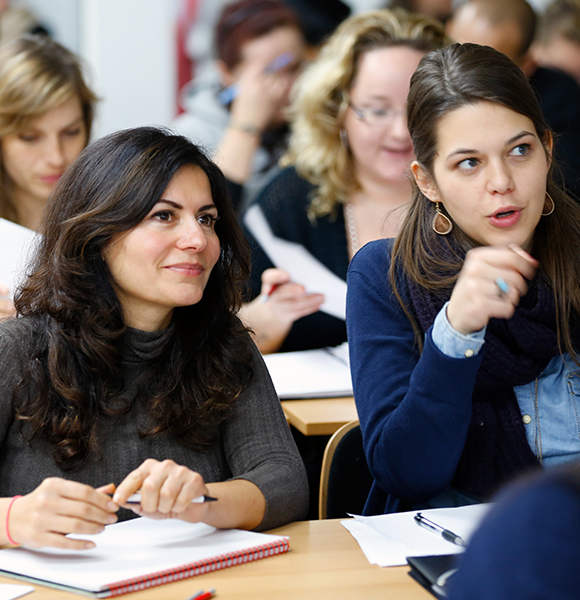
Part 2 (Naturopathic Principles, Homeopathy II) 1 year
- Naturopathic Principles
- Naturopathy & Detoxification
- Bach Flower Therapy
- Tissue Salts Homeopathy II
- Mother and Child
- Skin and Allergies
- Asthma, Respiratory System
- Women’s Diseases
- Reproductive System
- Urinary System
- Rheumatism
- Headache, Migraine, Pain
- Practice Management
- Clinical Skills & Practice
- Practitioner Development
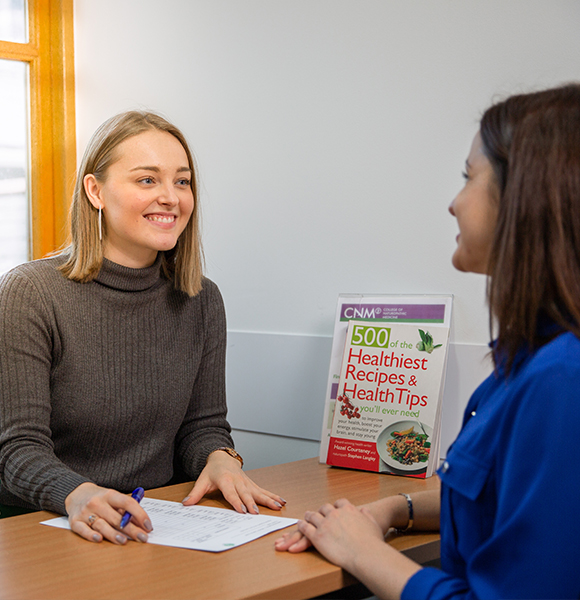
Part 3 (Homeopathy III) (1 Year) Homeopathy III
The main focus of this level is practical application of Homeopathic techniques. Students learn how to take cases in the clinic and how to see clients under supervision. Part of the course is also clinic management and practitioner development.
- Clinic management
- Clinical practice
- Practitioner Development and Ethics
- PR / marketing
- Business development
- Further research methods re best practice
Biomedicine Course: Sample Lecture
Homeopathy Graduate: Gunilla Gerber
Prerequisites for CNM’s Homeopathy Course
Junior or Leaving Certificate, or equivalent academic and/or work experience. If you are able to demonstrate previous study or work experience you may apply to gain exemptions from some units. Please contact us for more information and to see if you qualify for direct enrolment.
Homeopathy Course Accreditation
Nutrition Training
![]()
CNM Students are eligible to join the ANP (Association of Naturopathic Practitioners) and receive the following benefits:
- Access to various databases for further research
- Discounted indemnity insurance for clinical practice
- Discounts from various companies
- Reduced fees for special seminars, lectures, master classes, workshops
- Free training to set up your business
- Free mentoring for new graduates

HMA (Homeopathic Medical Association)
Naturopathy Training
CNM’s Homeopathy training is based on Naturopathic Principles. It covers additional Naturopathic topics which gives the CNM trained Homeopath a wider spectrum of therapeutic and diagnostic tools.
![]()
ANP (Association of Naturopathic Practitioners) The ANP is the largest Association for Naturopathic Nutrition and Naturopathy in the UK and Ireland. ANP members are widely respected in the industry in Europe and Internationally.
Affiliations

CNM students and graduates are eligible to join the ARH Alliance of Registered Homeopaths and will receive the following benefits:
- Homeopathic journal published 3 times yearly, plus regular news updates via email.
- Help, support, guidance and advice when needed.
- Access to a very cost-efficient insurance package.
- Access to our in-person and web-based events.


Career Options in Homeopathy
The CNM Homeopathy Diploma Course provides high quality training that equips graduates to build highly successful practices. It is carefully structured so each study unit builds on the previous one, allowing students to develop their confidence and skills, and reach their full potential as professional Homeopaths. Students are strongly encouraged to develop their own unique style of consultation and application.
What is Homeopathy?
Homeopathy is a complete system of medicine which is based on the principle of “The Law of Similars” – the principle of like curing like – a substance which can cause symptoms in a healthy individual can also be used to treat those symptoms when they manifest as part of a disease. It was developed about 200 years ago by a German Doctor called Samuel Hahnemann – a medic disillusioned with the ineffective and often barbaric treatments of the day. Homeopaths do not treat physical, emotional and mental symptoms separately but take the view that they are all interconnected as facets of the patient’s suffering. This is what makes homeopathy a truly holistic and refined art. Because the central principle requires the use of medicines that are often derived from toxic sources, homeopathic preparations are made in a special way which involves repeatedly diluting and shaking the medicines until they contain virtually no trace of the original substance. It is thought that the processes of preparation somehow imprint a characteristic energy pattern or blueprint of the substance onto the water in which they are diluted.
More about the History & Use of Homeopathy…
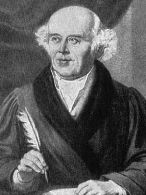
Homeopathy is a scientific method of treatment which was developed by the German physician Dr Samuel Hahnemann in the late Eighteenth Century and is used throughout the world.
The term “homeopathy” comes from the Greek words “homoeos” (meaning similar) and “pathos” (meaning suffering). The principle of homeopathy lies in the Greek philosophy that “like cures like”, i.e. treating an illness with a substance that produces symptoms similar to those which the person suffers from. In other words, a substance which can produce symptoms of disease in a healthy person, can remove similar symptoms from the sick when given in homeopathic doses.
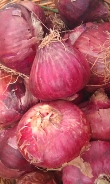 For example, if you’re chopping onions, your eyes water, itch and burn and you may also develop a runny nose with sneezing. If you had this similar pattern of symptoms during a cold or hay fever, then a homeopathic remedy made from red onion (Allium cepa) might be an effective treatment for this condition. Another example would be the use of the homeopathic remedy Coffea Cruda, prepared from coffee, which is often used to treat the same type of insomnia that too much coffee can cause.
For example, if you’re chopping onions, your eyes water, itch and burn and you may also develop a runny nose with sneezing. If you had this similar pattern of symptoms during a cold or hay fever, then a homeopathic remedy made from red onion (Allium cepa) might be an effective treatment for this condition. Another example would be the use of the homeopathic remedy Coffea Cruda, prepared from coffee, which is often used to treat the same type of insomnia that too much coffee can cause.
Based on the principle of “like cures like”, homeopathy is applicable in the treatment of many acute and chronic conditions. The main goal of a Homeopath is therefore to identify the one substance that would produce symptoms most similar to those that a patient is suffering from.
Homeopathic remedies are made from naturally occurring substances, such as plants and minerals. There are thousands of commonly used remedies and each homeopathic remedy can be used to treat a specific set of symptoms. Rather than giving the same medicine to each patient with the same diagnosis, homeopathic remedies are selected for each person based on the entire symptom picture, in addition to the diagnosis and disease pathology.
How does Homeopathy work?
To answer this question one must first understand the basic causes of disease. Disease is a state of imbalance resulting from several factors. These factors include external influences such as lifestyle (diet, exercise), environmental exposures, microbes, as well as physical and mental trauma.
However, in order for these external factors to cause a disease the individual must possess the susceptibility – his/her vitality must be weakened. Vitality is synonymous with energy – the more energetic one feels, the greater the vitality is. If you feel mentally alert and are physically active, you have a strong vital force. If you are vitally strong then you are less susceptible to disease forces. You are more immune to actions of viruses, bacteria’s, parasites, seasonal changes and stress – you fall ill less often.

According to the homeopathic way of thinking, a disease originates from the disturbance of this “Vital Force” that sustains life, which can be considered as the “engine” of a person, the physical or mental vigour, the capacity to live.
As the origin of the disease occurs on an energetic level it needs an energetic therapy, such as Homeopathy, to meet this level. There are other energetic therapies such as herbal medicine or acupuncture, but as Mahatma Gandhi once said,
“Homeopathy cures a greater percentage of cases than any other method of treatment.” – Mahatma Gandhi
The vital force is also influenced by the food one eats, the exercise one does, medications, the function of organs, environmental factors and stress. A happy person who loves life, who contributes positively to life and who has aims in life, supports this vital force. A person, who is critical and does things he/she shouldn’t do, reduces their vital force.
The problem most homeopaths face, that in the current drug dependent world, it is not easy to evaluate what the natural ‘disease’ is because the drugs will produce a plethora of side-effects and illnesses that are not naturally indicative of the person’s well-being. In other words, were they not taking drugs they would not have such blurred symptoms – as well as fragile and mental countenance as their presentation. The reality is these artificially induced illnesses (side-effects) are superimposed on the original natural illness, therefore symptoms are contaminated or suppressed and the patient cannot give a clear picture of how they are feeling.
There are thousands of different homeopathic remedies. These come in several forms including liquid potencies but are usually small pills which are absorbed under the tongue. It is the skilled Homeopath who will prescribe the right medicine in the correct strength to grow the vitality of a patient, which then balances organ functions. In other words: the homeopathic remedy gives the energetic impulse to the body to heal itself and to bring it back into harmony. A Homeopath does not treat symptoms but the vital force of the person. Once the patient is back in harmony no further treatment is needed. A Homeopath will also give advice on maintaining a balanced lifestyle – and will sometimes direct the patient to see a nutritionist about nutrition and food supplements, as well as naturopathy and herbal medicine, if this is deemed appropriate.
A person’s environment is important for their well-being. If a patient is in contact with someone in the family or at work who undermines them by constant criticism, then the patient won’t get well. This is something a good homeopath will seek to resolve. It often helps in such cases for the patient to have a word with the other party to address the conflict. Sometimes, if the situation does not improve, a homeopath may recommend a change in living arrangements or job, knowing that a harmonious environment is the best basis to get well and stay healthy.
Further Study
Students who have completed the Biomedicine, Naturopathy Study, and Naturopathic Practical study units may opt to study the other specialist diploma courses, Homeopathy, Herbal Medicine, and Naturopathic Nutrition.
Download Prospectus
Get your free prospectus today, complete the form below:


